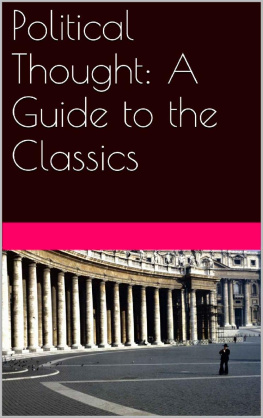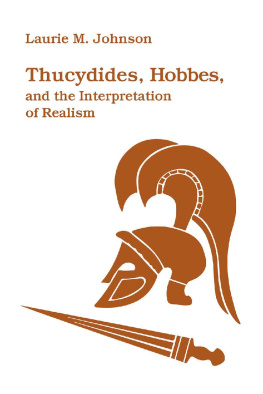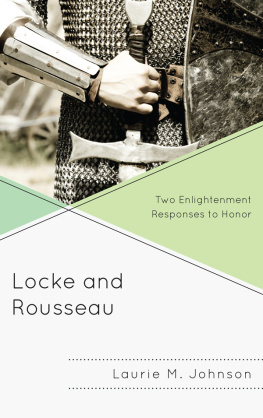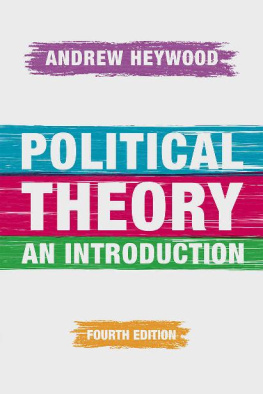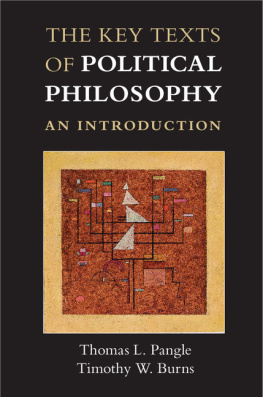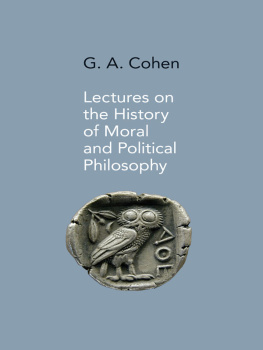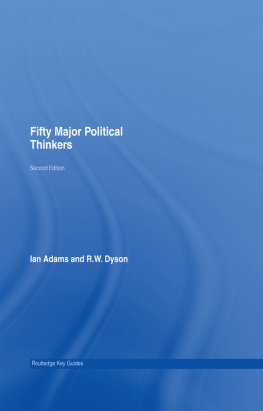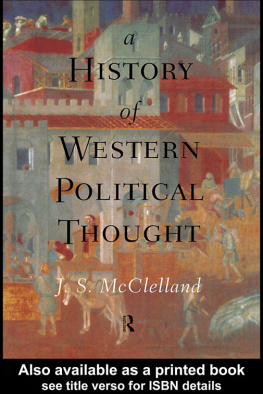This book iswritten with todays student in mind, someone who is bright and, in some days,better educated than ever but less familiar with the classics of literature andphilosophy than their college-educated parents. On first encountering aclassic, todays student tends to seek out an expert, either a textbook or aprofessor whose lectures, they hope, will provide all the necessaryinformation. You will discover, however, as you use this book that there is nosubstitute, no matter how expert, for thoughtful and individual reading of thetext. When you read these books with a sense of curiosity and humility, youwill find yourself asking questions for which you have no immediate answers. Atfirst this experience is rather uncomfortable. You may be used to having mostof the answers. But the classics that you are about to encounter are so rich,so powerful, that scholars who have devoted their entire lives to studying themcontinue to achieve fresh insights and discover new interpretations. The firstthing to remember is that if you feel like you do not understand everything youread, or if you have more questions when you finish than when you began areading, you are in excellent company. These books are considered classicsbecause of this very quality. Reading them is more like being on an excitingjourney than reaching any definite destination. Of course, your ultimatedestination is better knowledge about such fundamental concepts, as justice,government, and human nature. But reading these books will teach you tounderstand, as Socrates did, that you ultimately do not know.
This bookspurpose is to teach you how to read better and understand more thoroughly. Itwill raise questions for you to explore with your professor and fellow studentsand give you some of the tools you need to achieve greater understanding. Butit will not tell you what opinions to form. Because learning is easiest whencuriosity is genuinely aroused, I hope that this book can help you discoverthat curiosity.
A Note of Acknowledgment
Many peoplehelped me during this project. Marsha Frey, professor of history at KansasState University, extensively reviewed the draft and suggested historicalreferences; professor of classics, Haydn Ausland of the University of Montana,provided criticisms of the sections on Plato and Aristotle; Mark F. Griffith,professor of political science at the University of West Alabama, Livingston,wrote a useful review, as did Kenneth B. Peter, San Jose State University, andPaul Thomas, University of California, Berkeley. Any errors that remain aresolely my own.
A specialthanks must go to my undergraduate student assistant, Mellissa Rundus, whohelped with the research. Her insights and suggestions on what would proveinteresting to students were invaluable. Her work was funded during the summerof 1999 by a McNair scholarship for which we are both grateful. Thatscholarship led to the coauthored appendix to this book on research in theacademic discipline of political thought. Laine Rundus, my graduate teachingassistant in the fall of 1999 and spring of 2000, provided essential libraryassistance. He also read the draft manuscript and made useful suggestions forimproving readability.
A special wordof thanks must go to Ann Hill and my parents, Ken and Nina Johnson, who oftentook care of our son, Hunter. Their excellent care assured me that Hunter washaving fun and learning new things. Nina also read a draft of the manuscriptand provided the useful perspective on how to communicate its ideaseffectively.
Much thanks toBill Richter, whose study guides in political thought provided the core forsome of the guides developed in this book. I am grateful to Jim Franke and DaleHerspring whose support and friendship was important during a very difficultand challenging year. A big thanks to Ciara Chambers for preparing themanuscript.
Thanks also toHunter, who is the source of my commitment to the enterprise of learning.
Introduction
Organization
This book isdivided into four major parts, each dealing with a particular category ofpolitical thought: idealism, realism, liberalism, and historicalprogress. These categories are not exclusive nor are they necessary tounderstanding the featured authors, but they do provide an initial means ofthinking about the authors in comparative terms. At the beginning of eachsection I will offer a more thorough explanation of these terms, but I willbriefly define them here.
Idealism Inpolitical thought, an idealist is a philosopher who sees his job as discoveringtrue standards of thought and behavior, standards that can provide thephilosopher with a way of thinking about and improving the political condition.In other words, although idealists know that people often act badly, especiallyin politics, they nonetheless think that people can improve. Strangely enough,although idealists acknowledge that people can never be perfect, they stillbelieve in the moral imperative to fight for more justice in the politicalarena. Consequently, idealists often strongly criticize the existing order.

